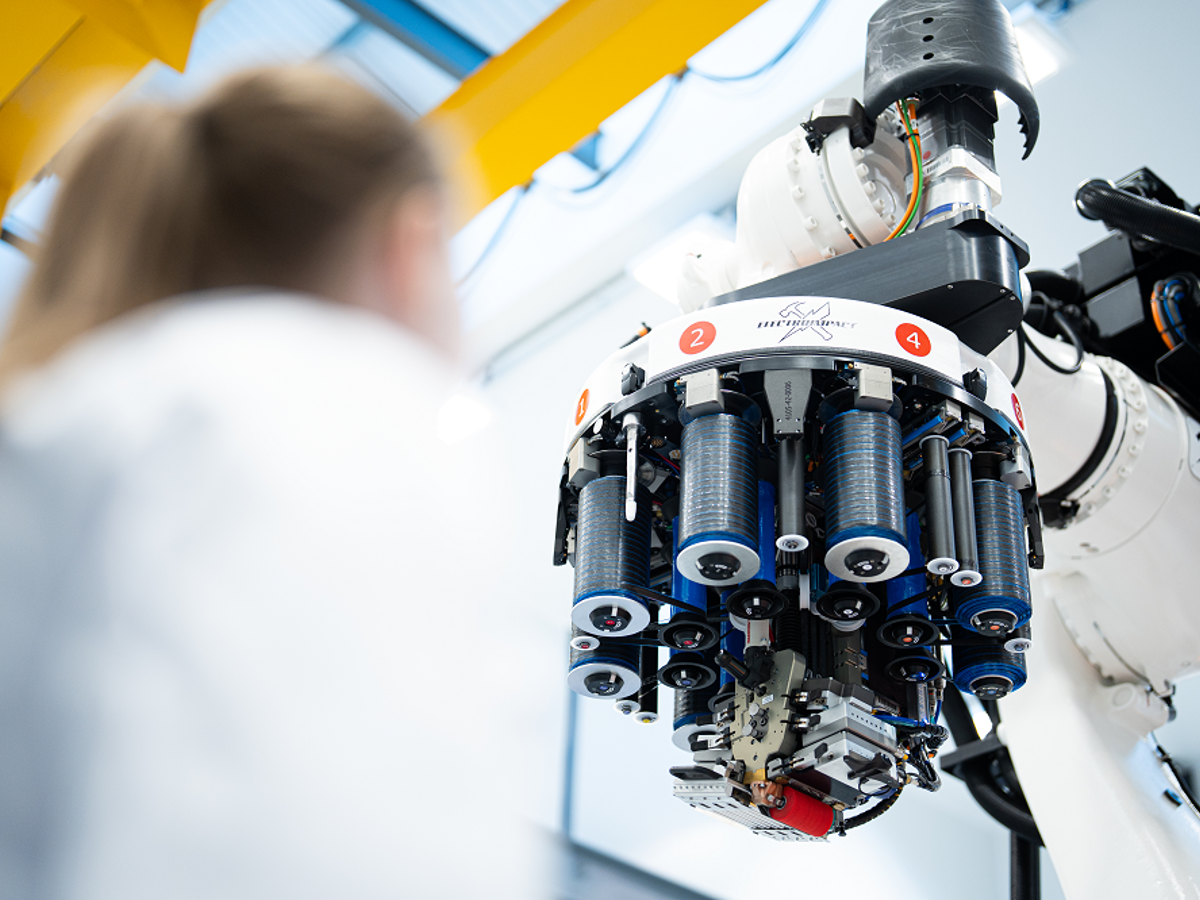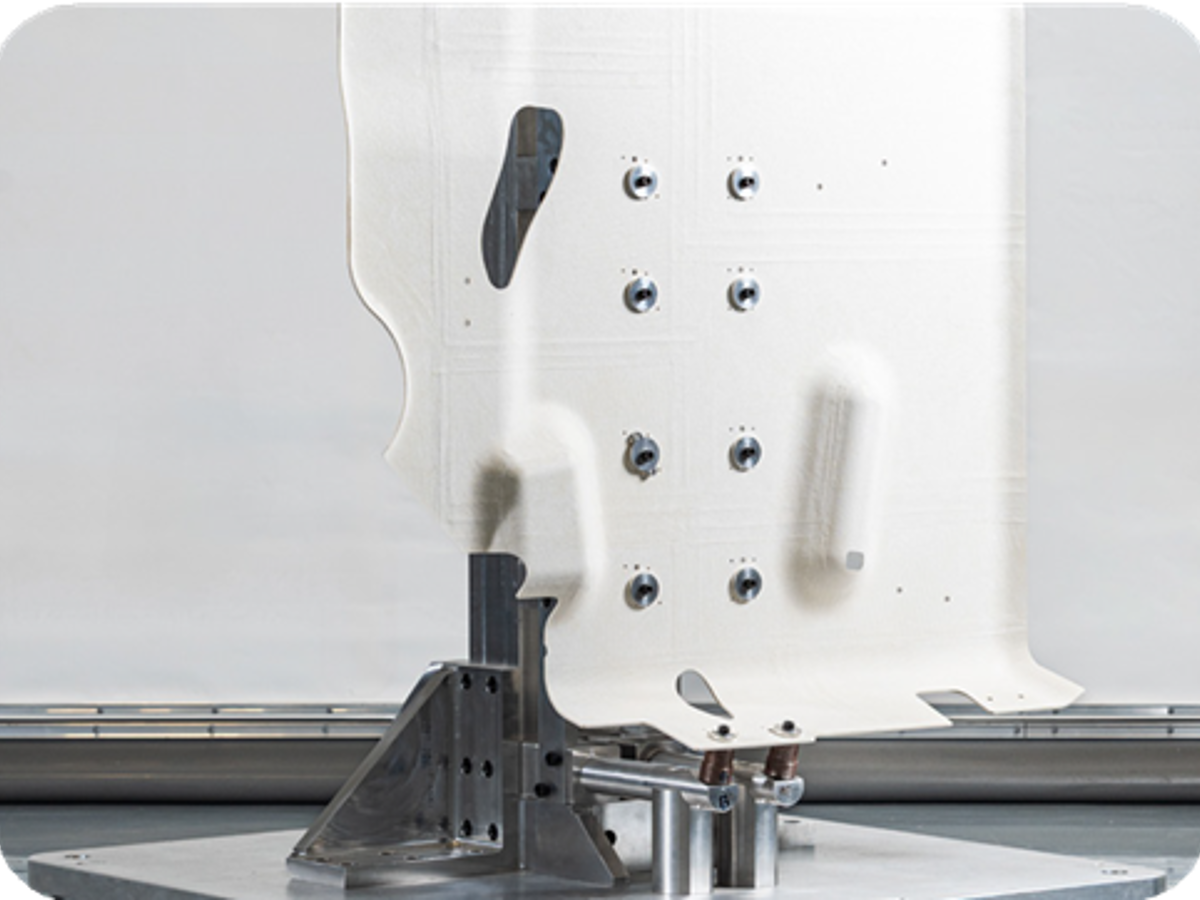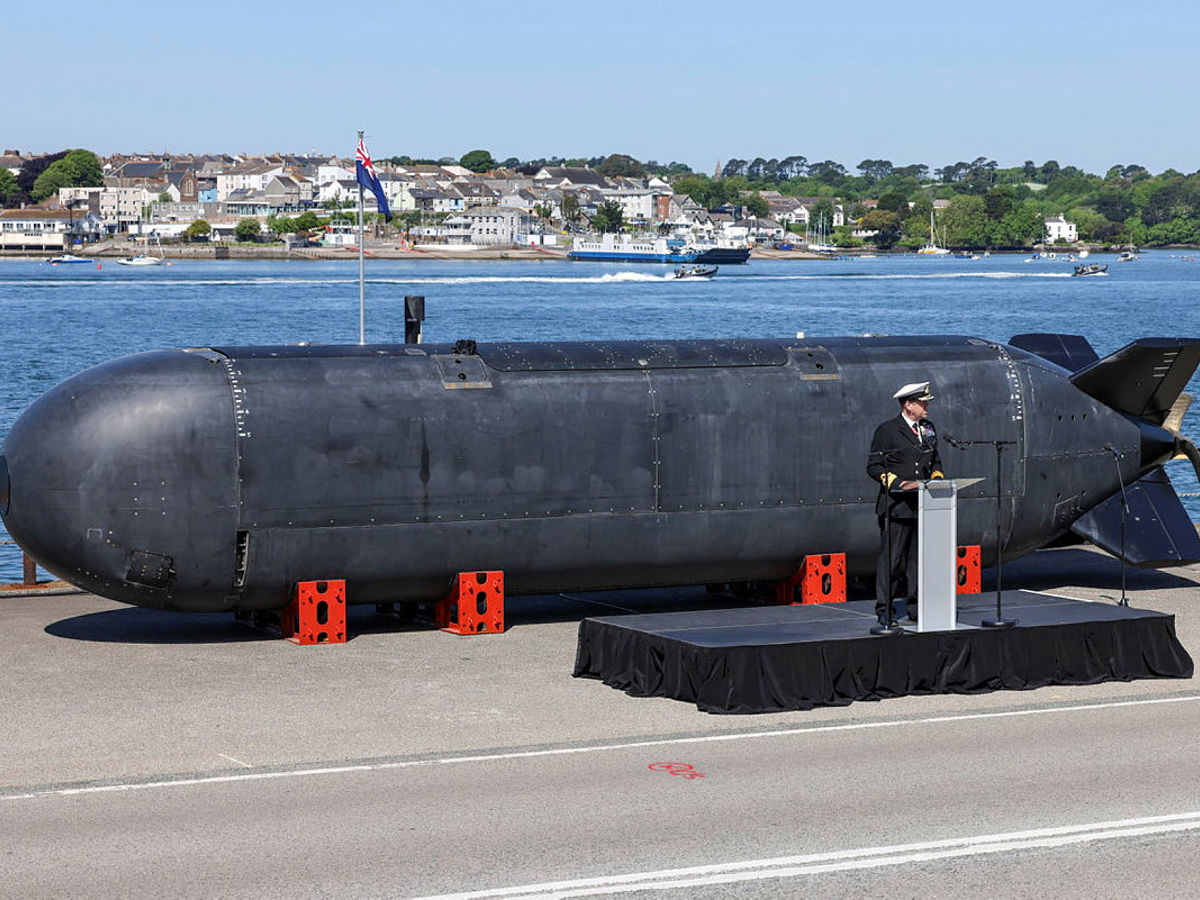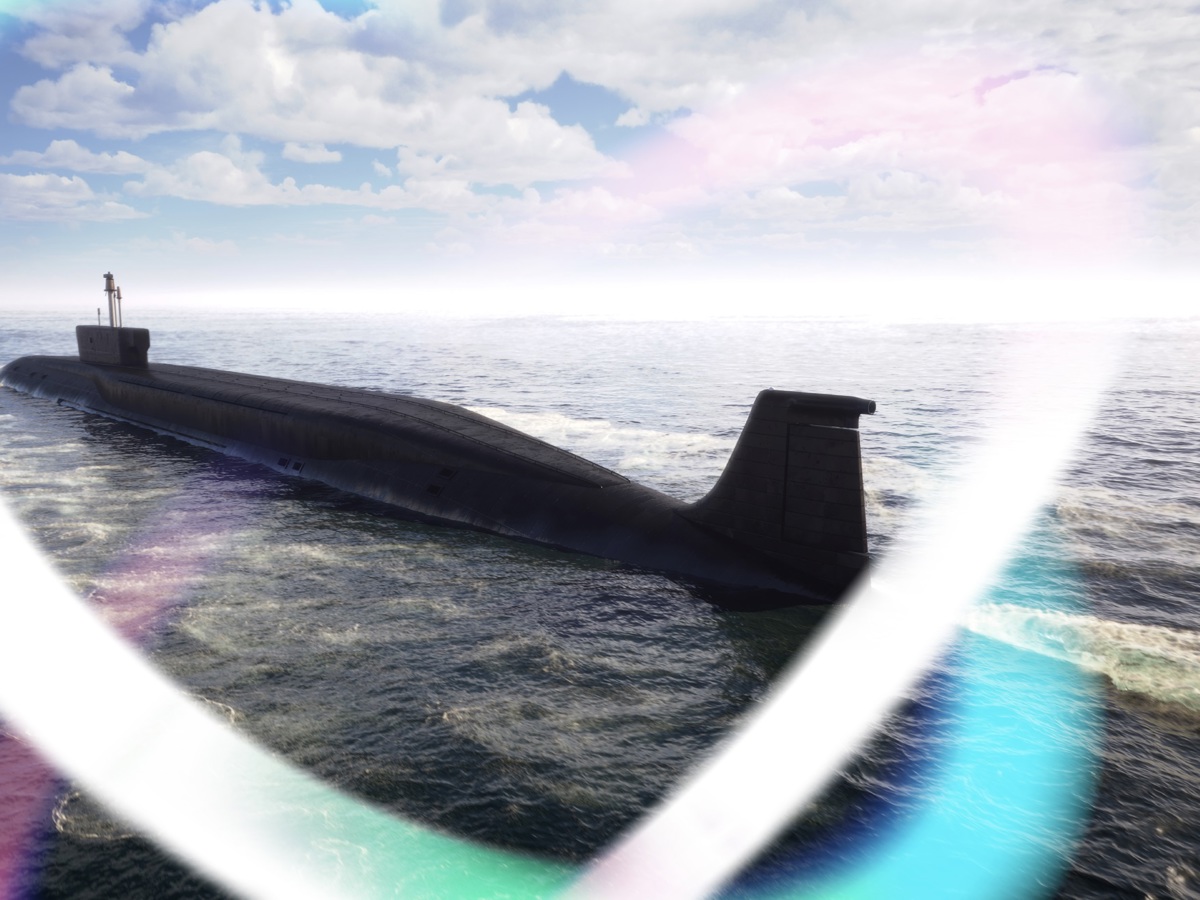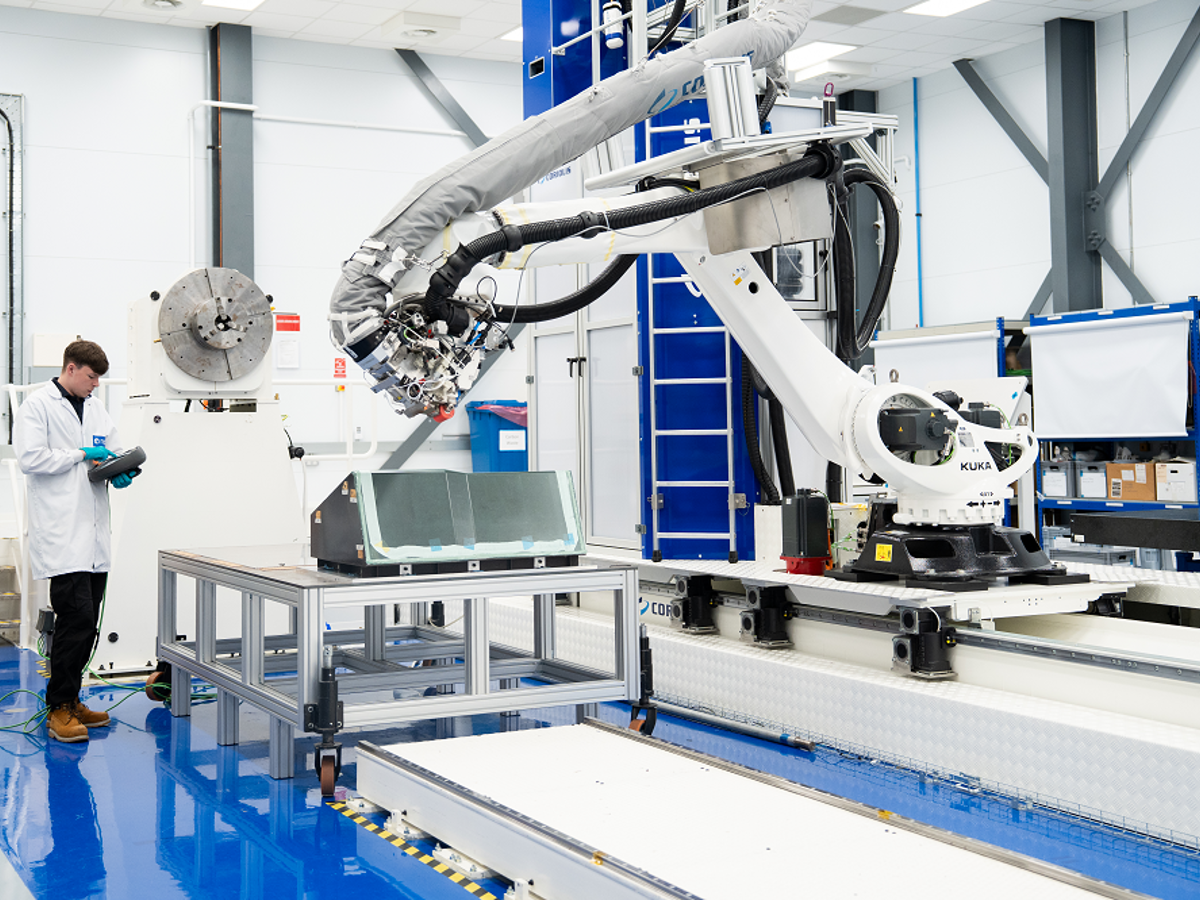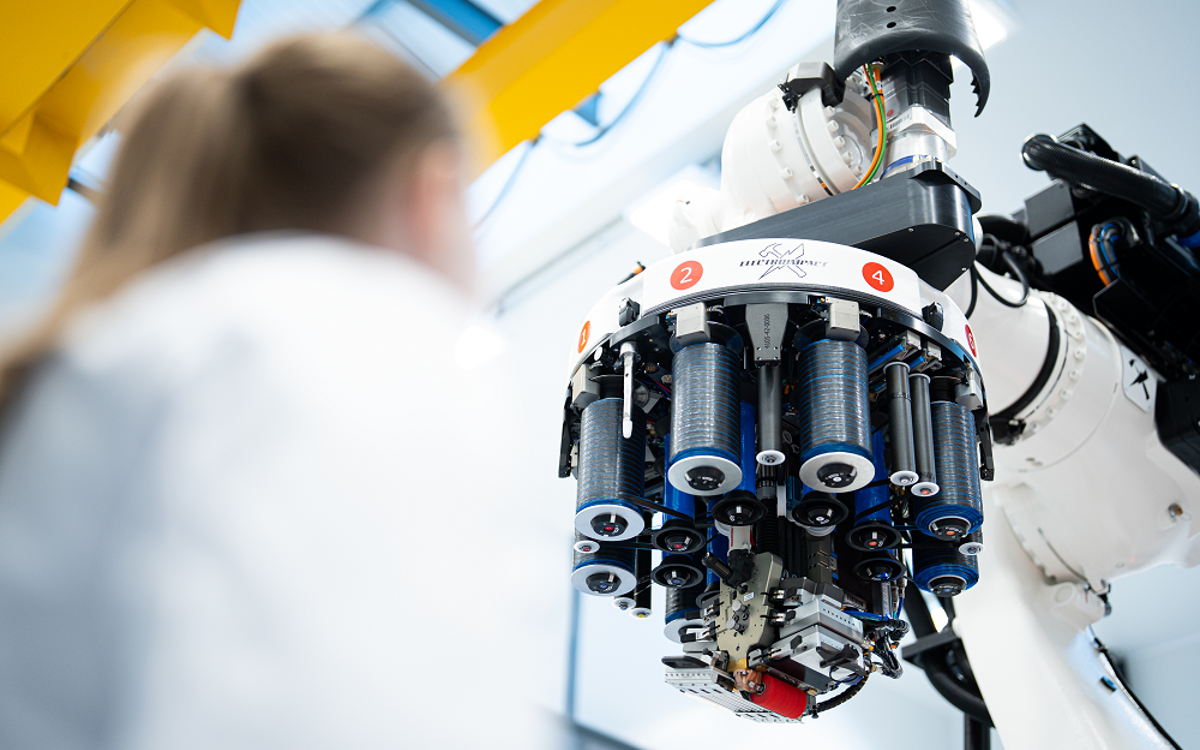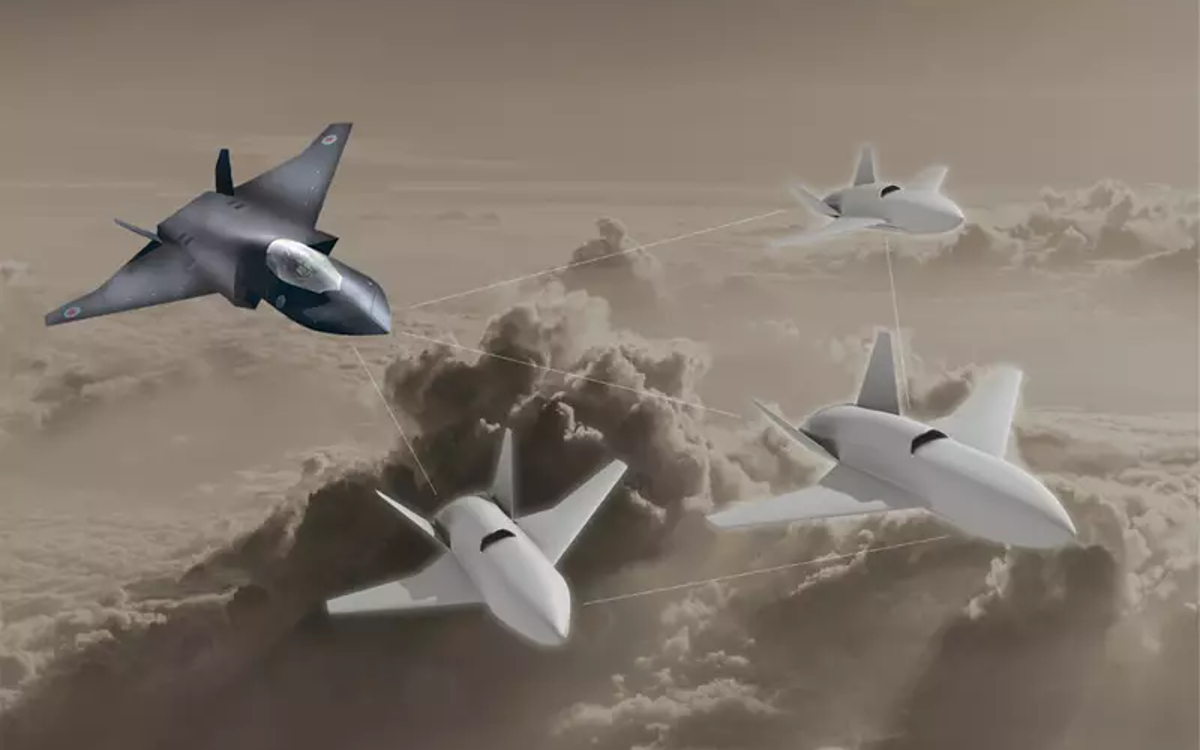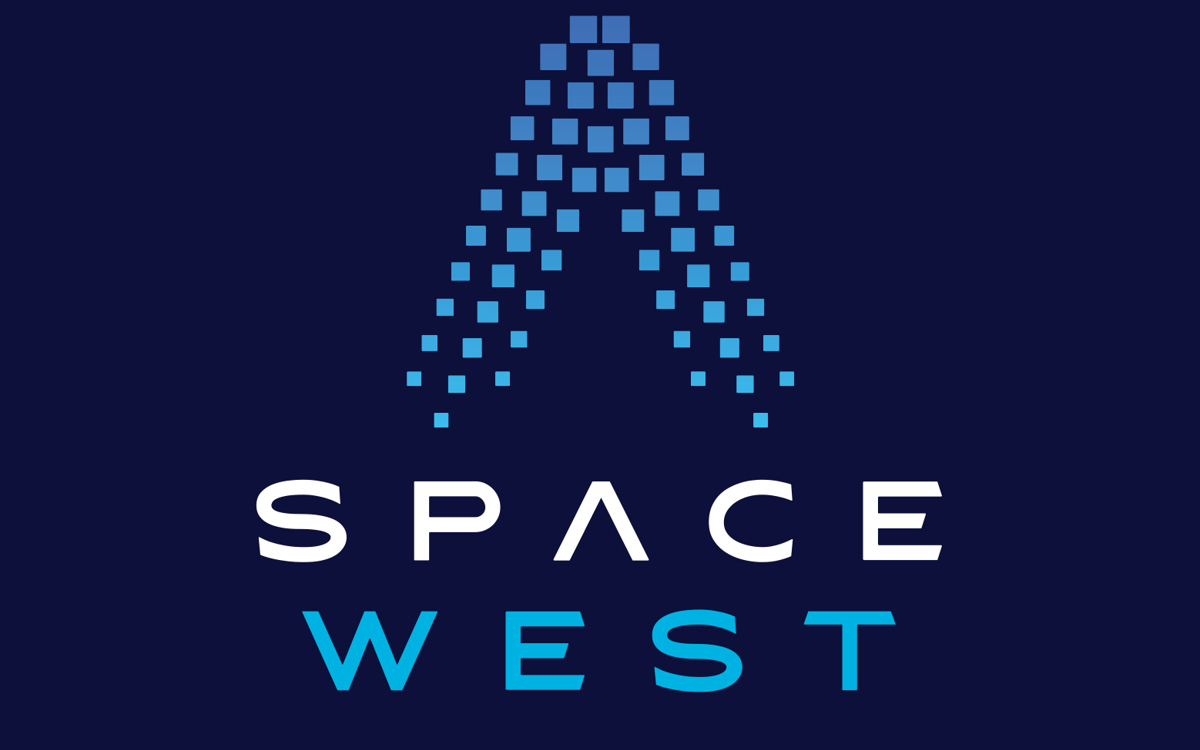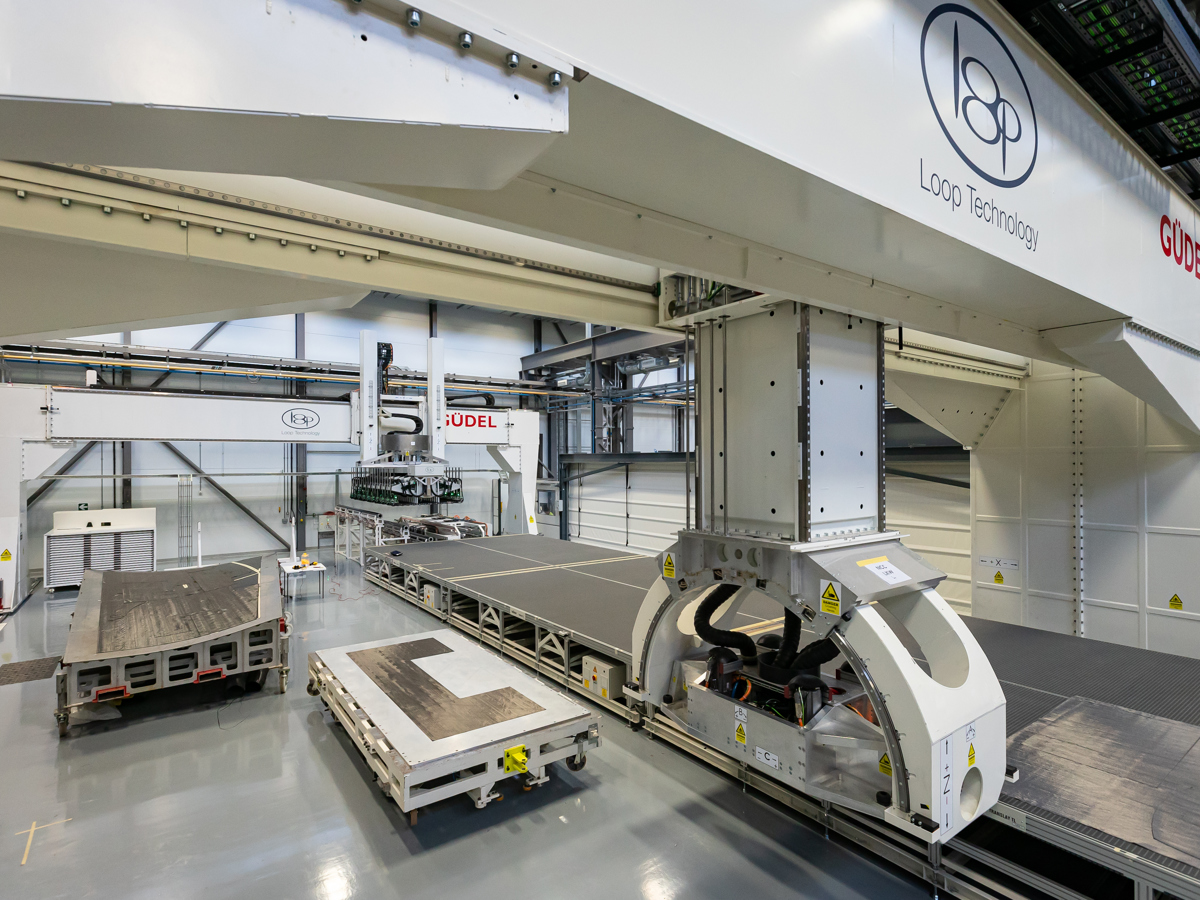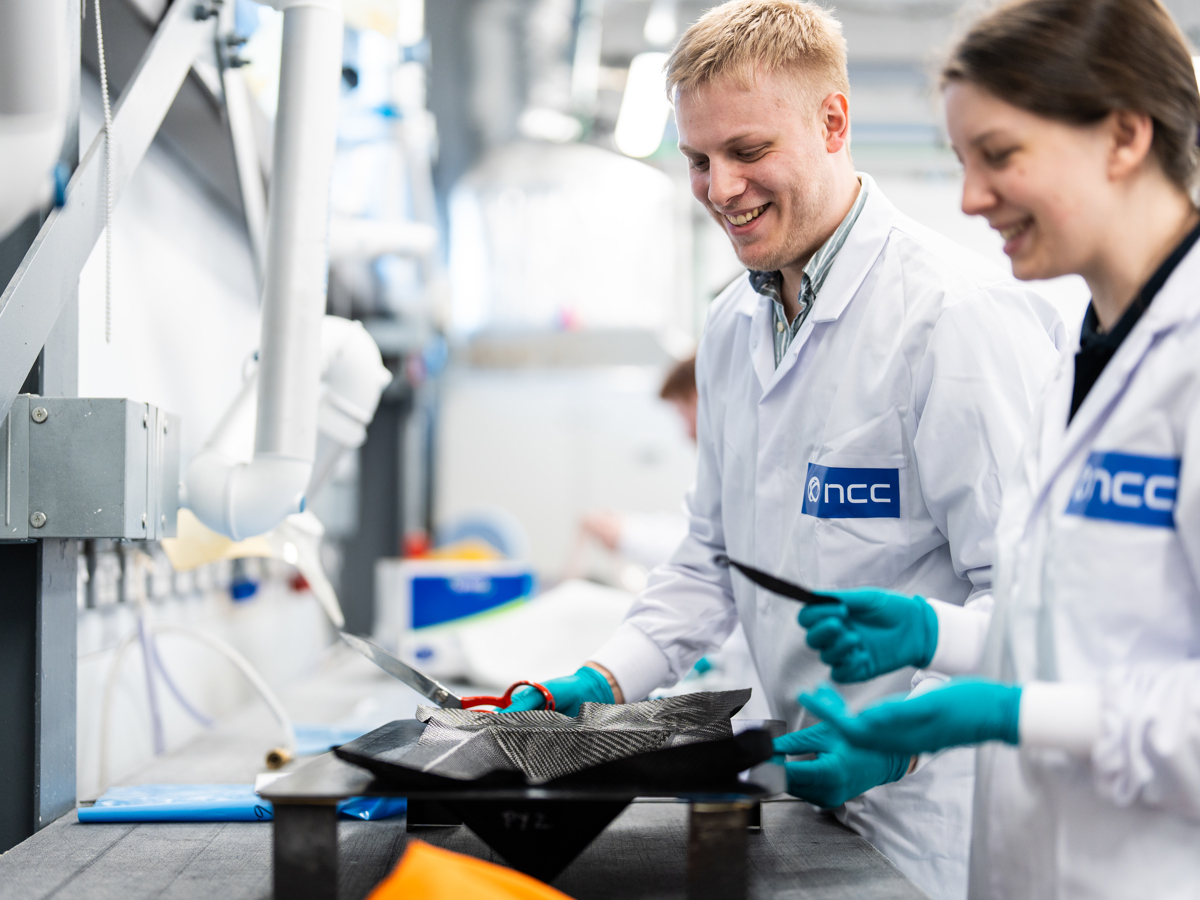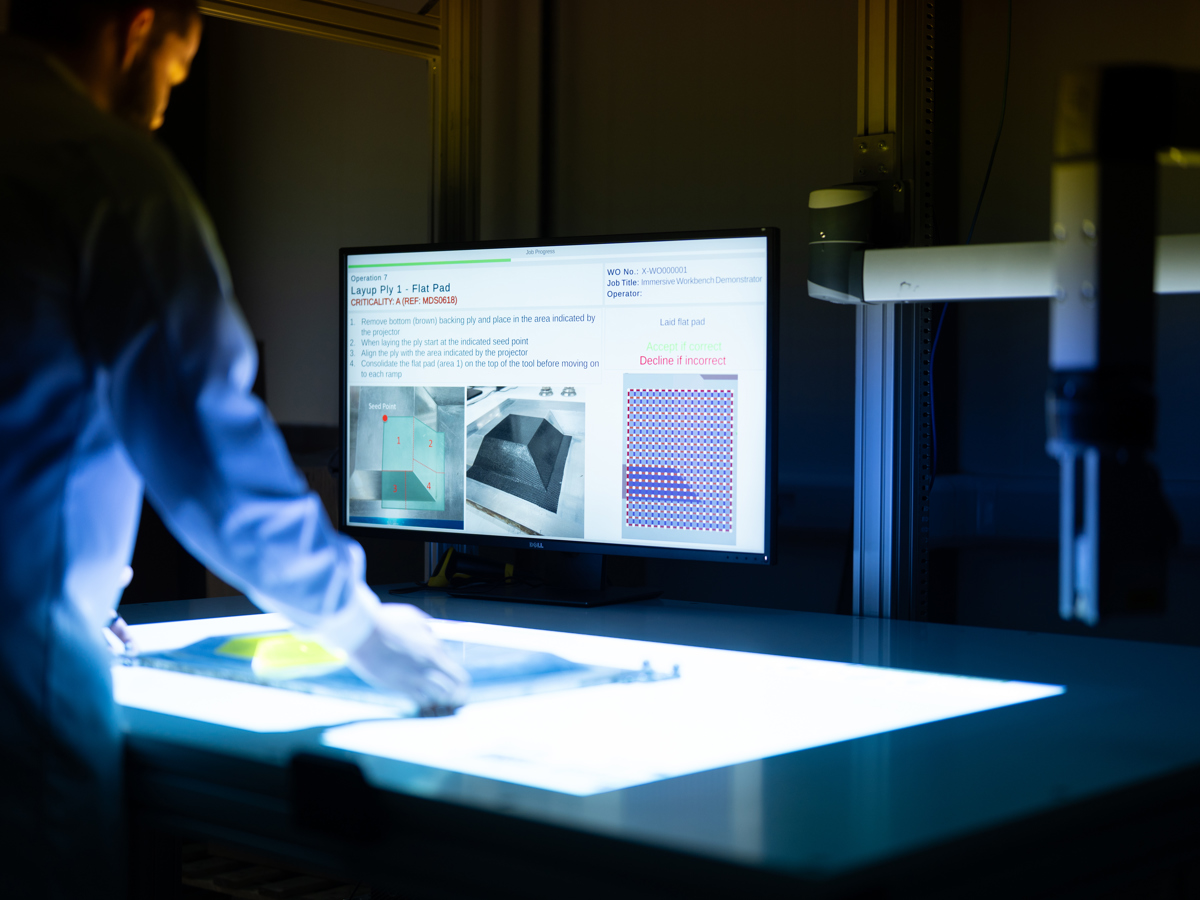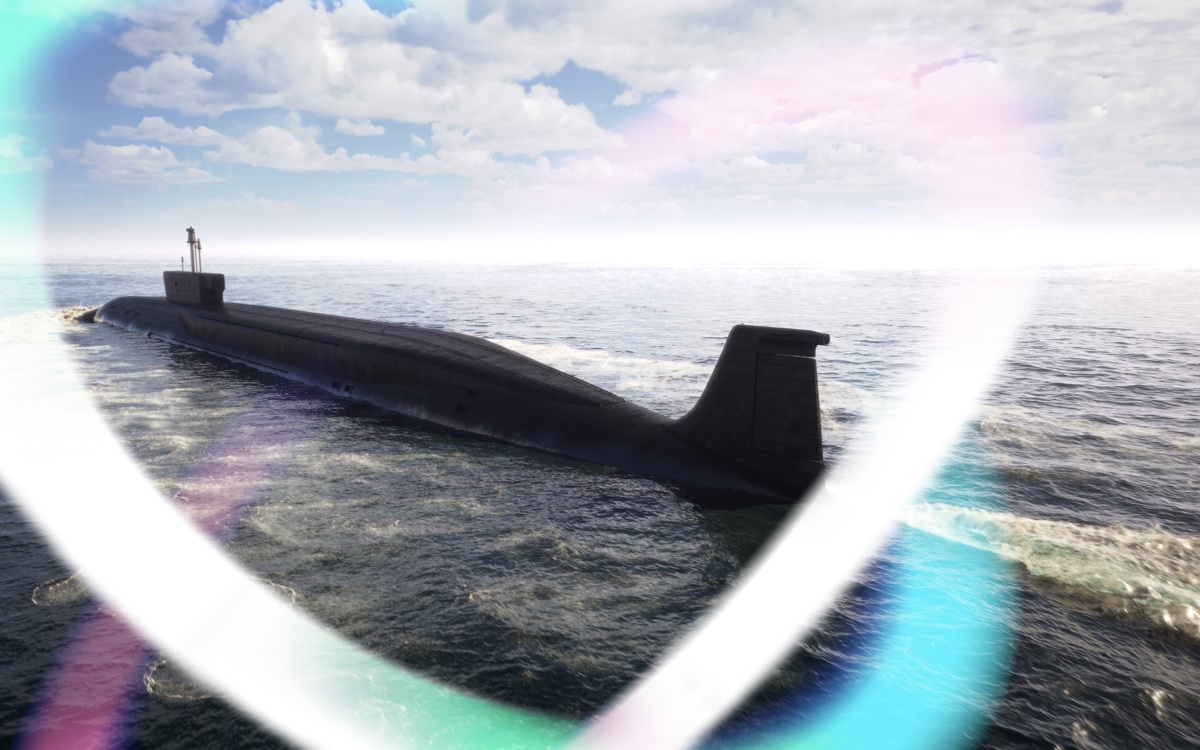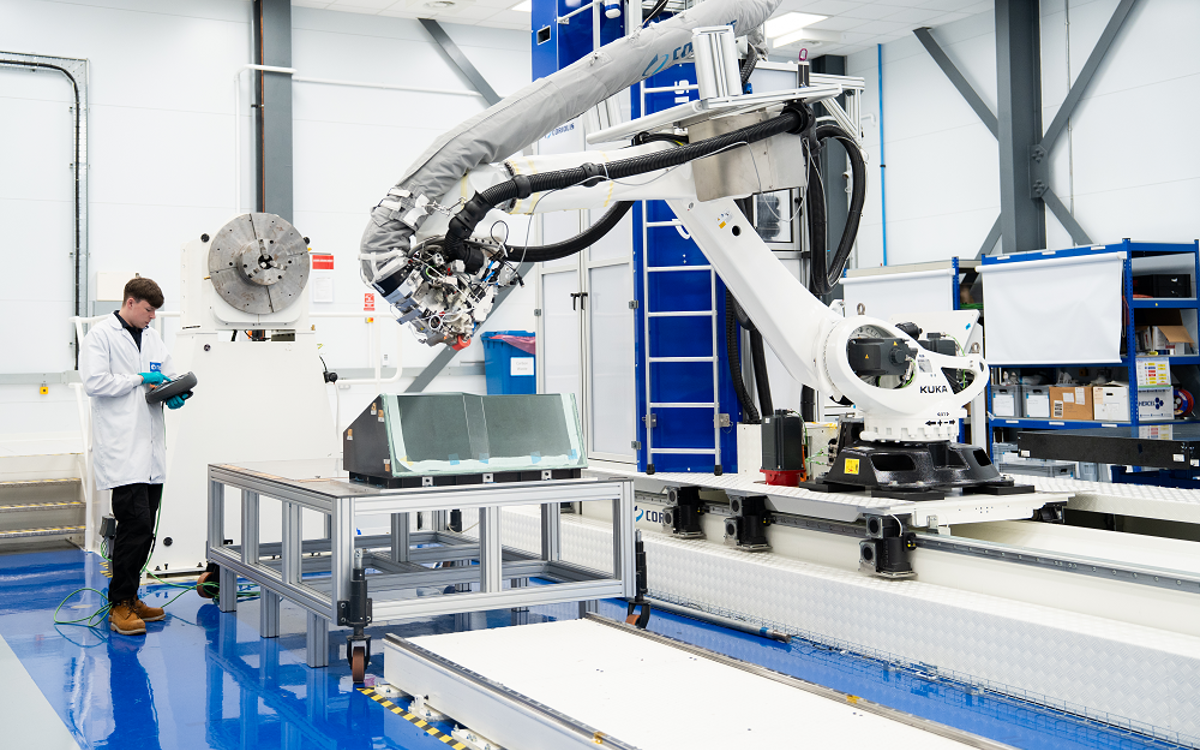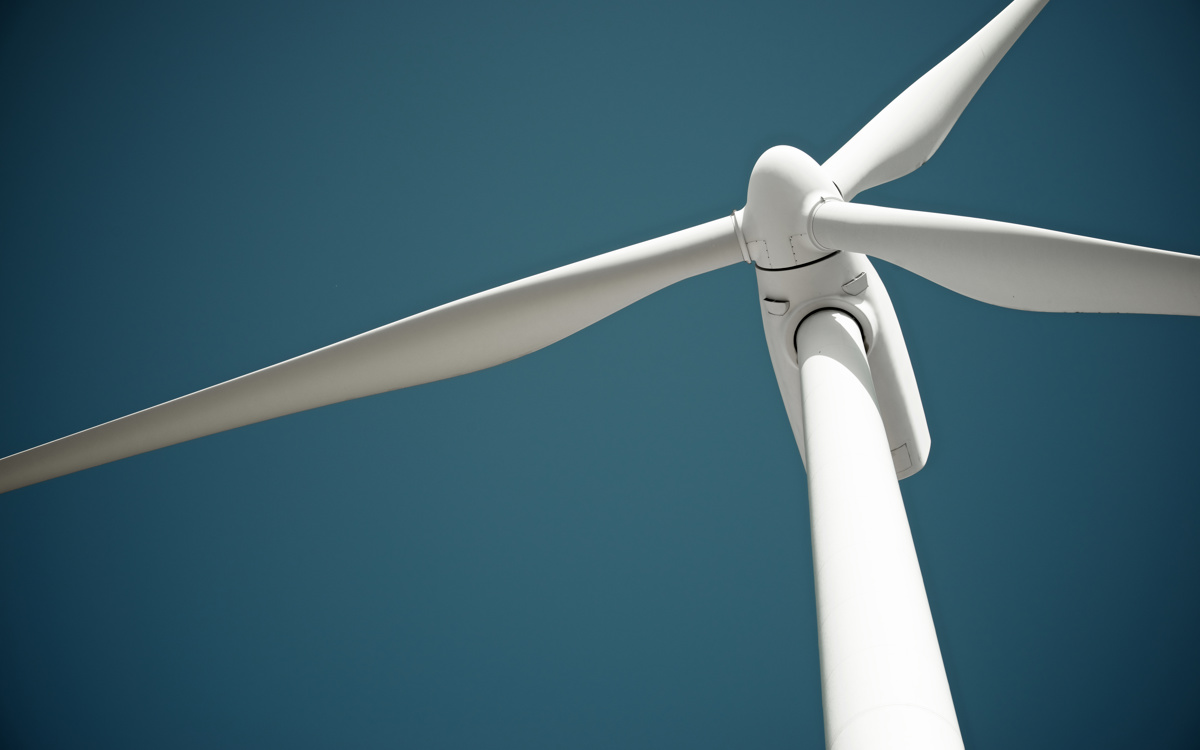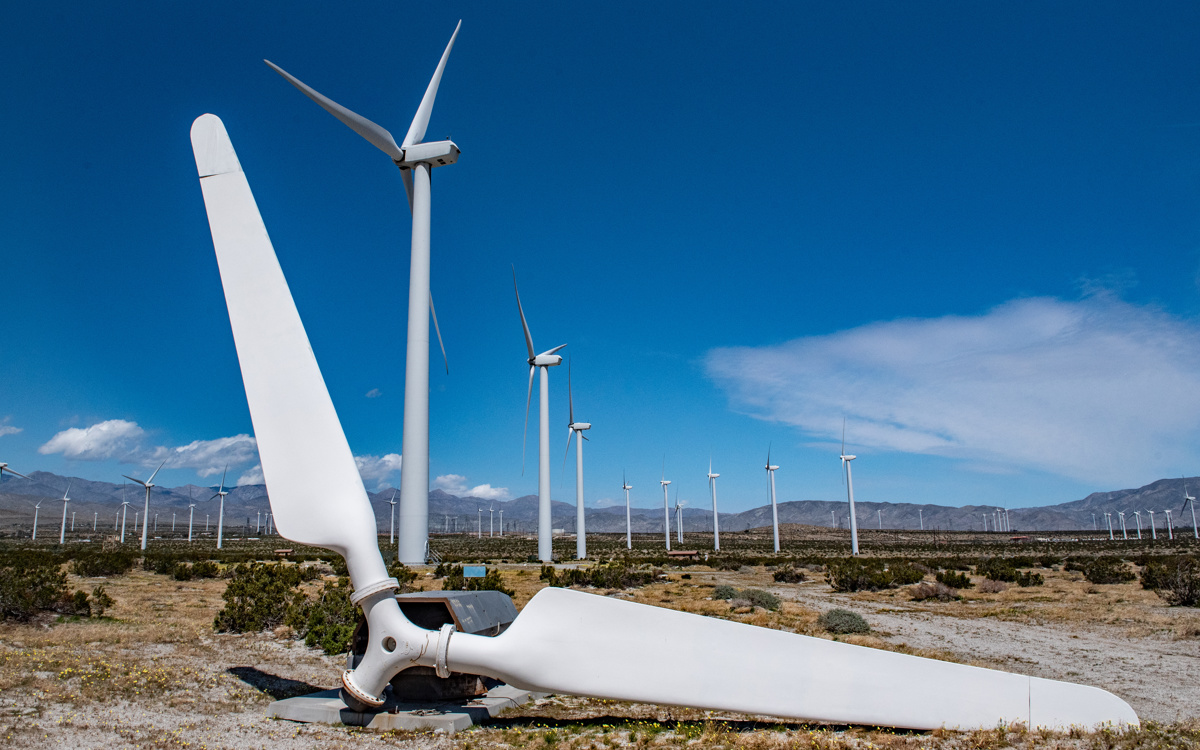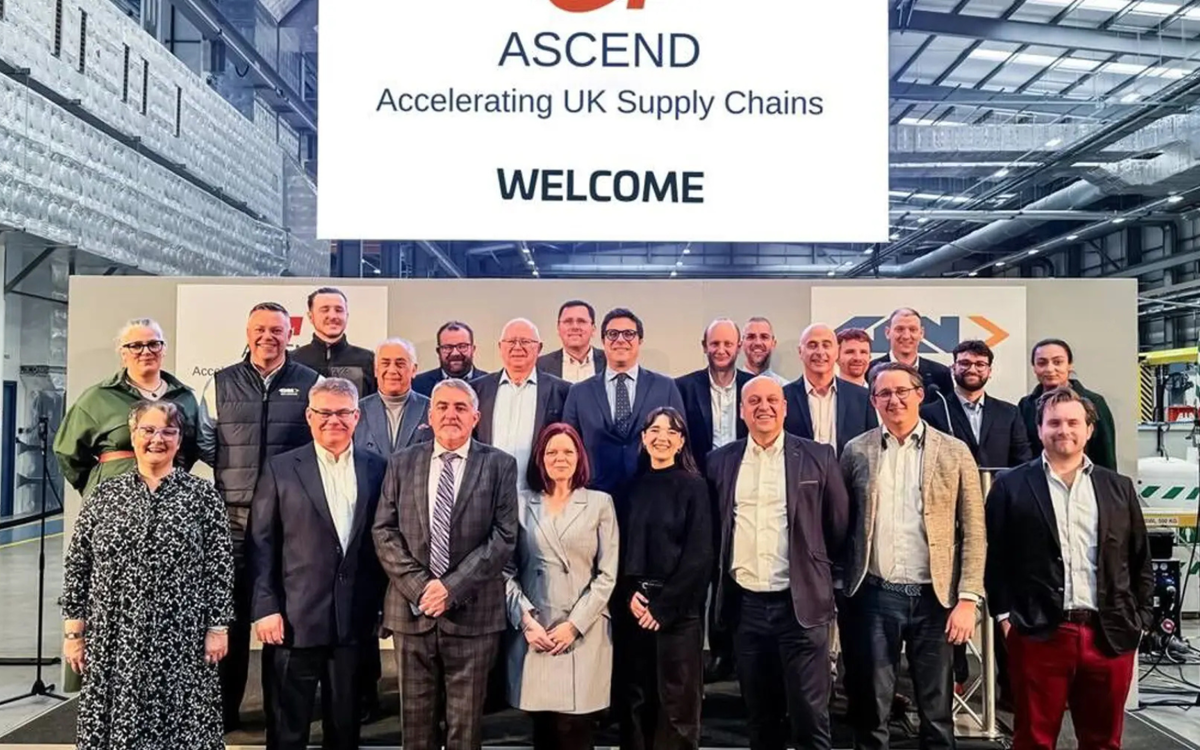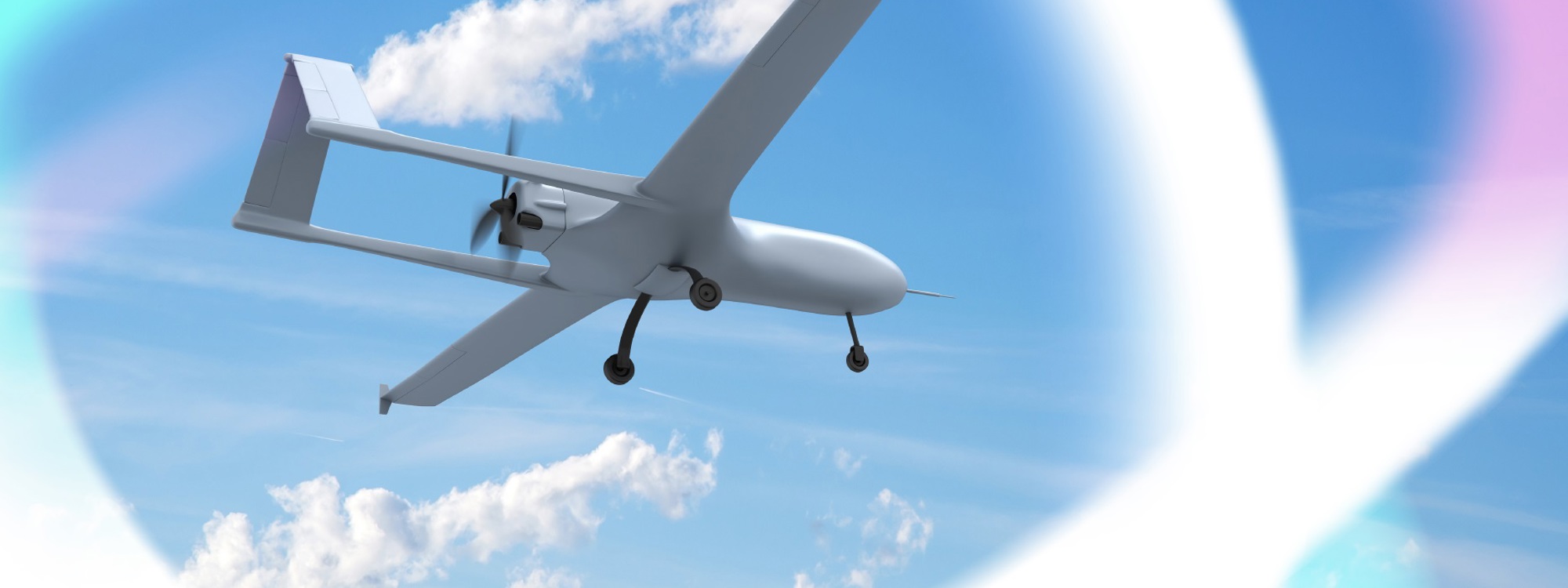
Innovation in defence is vital to UK national security
NCC has worked in partnership with defence customers since its inception. A Centre of Excellence for Defence Innovation, we have an established national role in delivering cutting-edge products and technologies that address mission-critical challenges. This includes accelerating the development of advanced materials, digital engineering, process innovation and systems integration.
Located in the UK’s largest defence cluster, we are an innovation and development partner to industry and government. We are investing in building new (open and secure) innovation capabilities across our focus areas to deliver a truly unique capability.
In partnership with other centres in the HVMC, we collaborate with the Ministry of Defence, defence industry primes and SMEs to create an integrated UK solution to future defence innovation.
Get In Touch
Connect with our Defence Specialists at NCC to find out more about our world-leading innovation capabilities and how we can support your business.
Main focus areas for Defence across the technology and product life cycle
Major Programmes
We connect technology strategy to real-world delivery through our end-to-end engineering services

